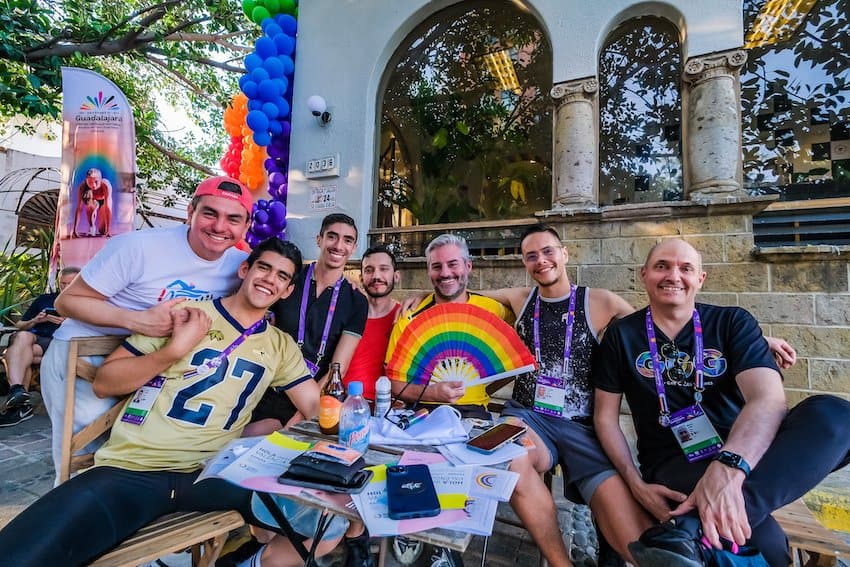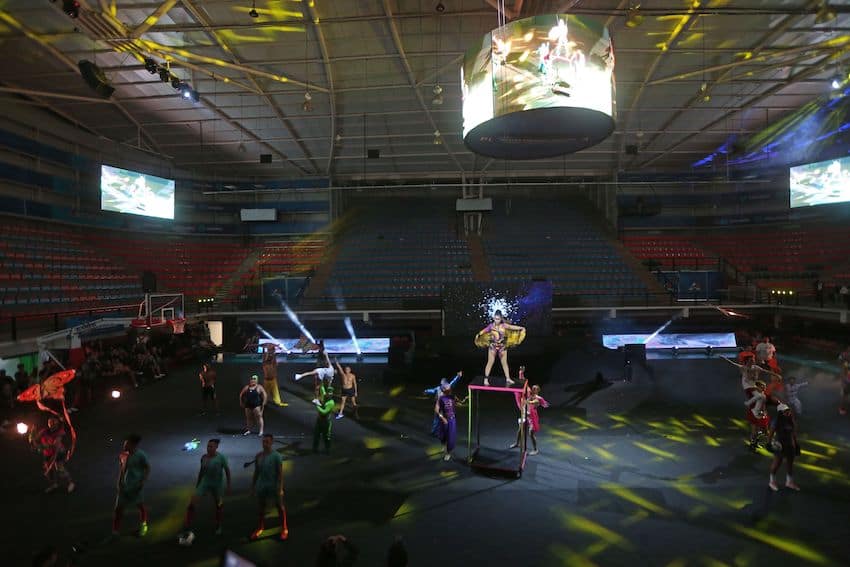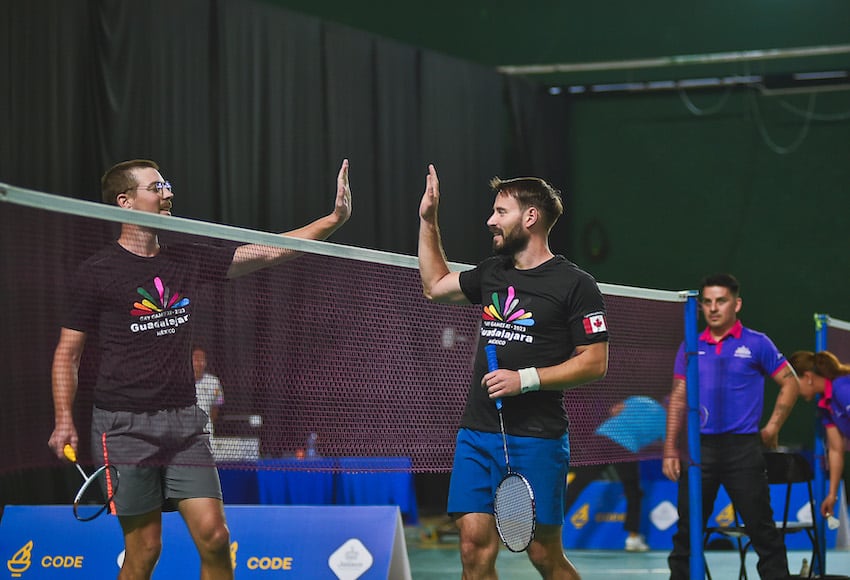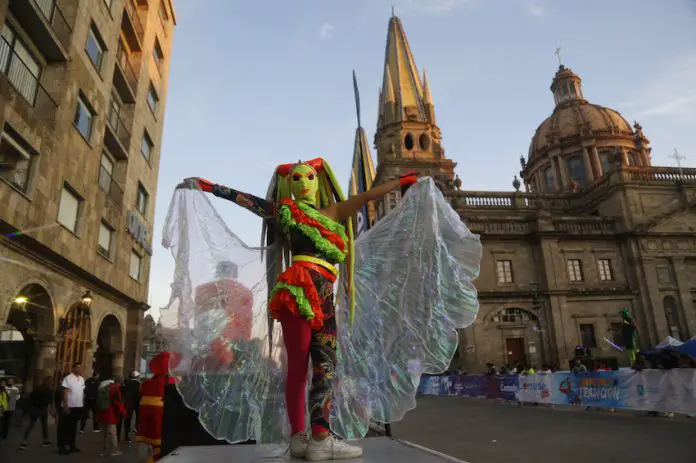The 11th edition of the Gay Games kicked off last weekend in both Guadalajara and Hong Kong, marking the event’s first foray into Latin America and Asia since its beginnings in 1982.
The games are an athletic competition, but also a global celebration of diversity with 31 sports, including mahjong, dodgeball, cheerleading and pink flamingo — a fusion of performance, skits, drag and dance both in and out of the water.

There is also a full lineup of “real” sports, including badminton, dodgeball, basketball, beach and indoor volleyball, fencing, bowling, figure skating, soccer, rowing and martial arts — although organizers say few will rise to a level beyond “recreational activity.” Also, competitors do not represent countries.
Rather than aspire to an elite-level tournament, the main purpose of the Gay Games is to foster respect, integration and the values of diversity through sport. In the last games in Paris in 2018, there were 10,317 registered participants from 91 countries.
This year’s games — which include heterosexual people for the first time, in the name of inclusion — were originally scheduled for Hong Kong in 2022, but were delayed by the COVID-19 pandemic, with Guadalajara later becoming a co-host.
Both sites are expected to welcome more than 2,000 participants from up to 45 countries before the games conclude on Saturday, Nov. 11.

The selection of Hong Kong as a host city has been met with criticism due to the city’s poor LGBTQ+ and human rights records. While same-sex relationships are legal in Hong Kong, the city does not recognize marriage equality and lacks anti-discrimination laws.
Meanwhile, Guadalajara, once considered one of Mexico’s most conservative cities, is awash in the color of the rainbow for the games this week. The city was selected by the New York Times as one of the world’s top 52 tourist destinations for 2023, largely due its vibrant LBGTQ+ culture.
Jaime Cobián, founder of CODISE, a Mexican nonprofit that promotes sexual diversity and fights discrimination, said the Gay Games help people see the LGBTQ+ population differently.
“The visibility and support are important,” he said. “But the most important thing is that this contributes to cultural change, which is the biggest problem. We need that sensitivity so that society changes the way of accepting us, of treating us with respect.”

One of the first LGBTQ+ activists in Guadalajara, Cobián recalled when he and others tried to host the International Congress of Gays, Lesbians and Trans People. It was 1991, and the plan was shelved due to homophobic reactions from Jalisco residents and politicians.
Now, the Gay Games are considered the largest sporting and cultural event of sexual diversity in the world, and hosting them is “an act of historical reparation,” said Andrés Treviño Luna, Jalisco’s director of sexual diversity.
The epicenter of activity in Guadalajara is “Villa Paraísa,” which will host health clinics, HIV and sexuality workshops, fashion shows, an art exhibit, theater, music and two galas. See the whole schedule of events here.
Officials say hosting the Gay Games will help Guadalajara in its bids to host World Pride, the largest pride festival in the world, in 2029 and the International AIDS Conference in 2026. For the latter, the city is reportedly among the finalists.
With reports from Aristegui Noticias, Informador and The Advocate
